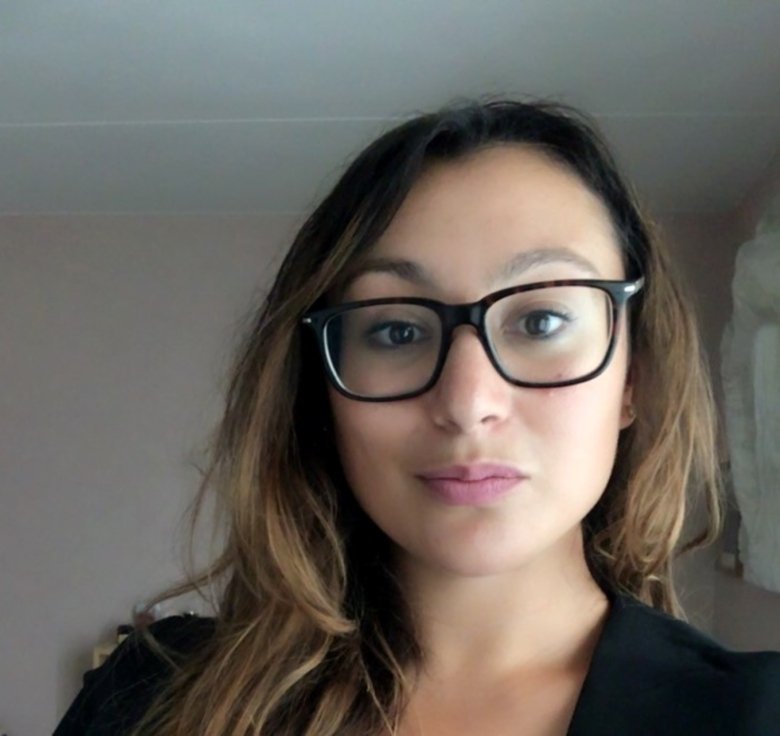New thesis about participation in a technological society, among older people with and without dementia
Hi Sophie Gaber, PhD student at the Division of Occupational Therapy! On January 22 you will defend your thesis “The participation of older people with and without dementia in public space, through the lens of Everyday Technology use”. What’s the main focus of the thesis?

The main focus of my thesis is to develop insights into the participation of older people with and without dementia in public space, in relation to their Everyday Technology use. We encounter Everyday Technologies throughout our everyday lives, including the coffee maker we use to prepare our daily fika at home, the smartphone applications we use to plan a journey whilst travelling, or the self-service check-outs we use to buy groceries at the supermarket. Thus, the ability to use Everyday Technologies to participate in society is taken for granted and the dependency on Everyday Technologies has been highlighted during the COVID-19 pandemic. This thesis prioritises the self-reports of older people with and without dementia themselves, in Sweden and the UK, to explore how Everyday Technology use and other factors such as perceived risk, relate to participation in activities and places within public space.
Which are the most important results?
The thesis identified an association between participation in activities and places within public space and Everyday Technology use, in different contexts and over time. This finding is significant not only in a statistical sense. It also underlines the importance of Everyday Technology use for the older person with and without dementia to enact their citizenship in a technological society.
How can this new knowledge contribute to the improvement of people’s health?
This knowledge is timely and relevant to an increasingly ageing and technological society. The new knowledge can contribute evidence-based insights about the participation of older people with and without dementia in activities and places within public space, in relation to Everyday Technology use. Such knowledge can be used to develop targeted health and social care planning as well as the design of more inclusive places, technologies, and services.
What's in the future for you? Will you keep on conducting research?
In the future, I hope to continue to research ways to make society more cognitively accessible for marginalised groups and thus, more inclusive and intuitive for all of society. I am particularly interested in exploring social participation in relation to Everyday Technology use, innovation, and social impact.
